 A Sandpit focused on “AI & Robotics” will take place immediately following the Royal Society visit to BU on 24/5/17 – 14:30-17:00. Don’t delay spaces are limited – book in today!
A Sandpit focused on “AI & Robotics” will take place immediately following the Royal Society visit to BU on 24/5/17 – 14:30-17:00. Don’t delay spaces are limited – book in today!
Speakers will include Vicky Isley and Paul Smith (boredomresearch). They will present a new vision for technological innovation, one that embraces emotion in a-life systems and recognises the fragility of their sustaining environment. boredomresearch will discuss their collaboration with the Artificial Life Lab (Karl Franzens University, Graz Austria), who are employing bio-inspired robots to provide solutions operating in human polluted environments.
So, is this just networking?
Definitely not! It is a facilitated session with the primary intention of developing innovative research ideas, which also enables the development of networks. It gives you the opportunity to explore research ideas which you may develop over time, together with the chance to find common ground with academics from across BU and beyond.
Which means…?
We’re seeking to come up with novel research that could part of a proposal to funding streams such as the Royal Society or the Industrial Challenge Fund that will focus on “AI” and/or “Robotics”.
So, who should attend?
We want anyone who thinks they might have something to contribute. We will also be inviting relevant external attendees to contribute to the day.
What do I need to prepare in advance? What will the programme entail?
Absolutely nothing in advance. During the session, you’ll be guided through a process which results in the development of research ideas. The process facilitates creativity, potentially leading to innovative and interdisciplinary research ideas. These ideas will be explored with other attendees, and further developed based on the feedback received.
What if I don’t have time to think about ideas in advance?
You don’t need to do this but it will help. Attendees will come from a range of backgrounds so we expect that there will be lively conversations resulting from these different perspectives.
What about afterwards? Do I need to go away and do loads of work?
Well… that depends! This interactive day will result in some novel research ideas. Some of these may be progressed immediately; others might need more time to develop. You may find common ground with other attendees which you choose to take forward in other ways, such as writing a paper or developing a new placement opportuntity.
What if my topic area is really specific, such as health and AI/Robotics?
Your contribution will be very welcome! One of the main benefits of this type of event is to bring together individuals with a range of backgrounds and specialisms who are able to see things just that bit differently to one another.
So, how do I book onto this event?
This event will take place on Wednesday, 24th May 2017. To book, please contact Dianne Goodman by end Wednesday, 10th May 2017 with your Name, Organisation and Research Interest(s). All spaces will be confirmed by Monday 15th of May 2017.
This event is part of the new Research Knowledge Exchange Development Framework.
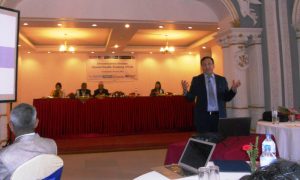
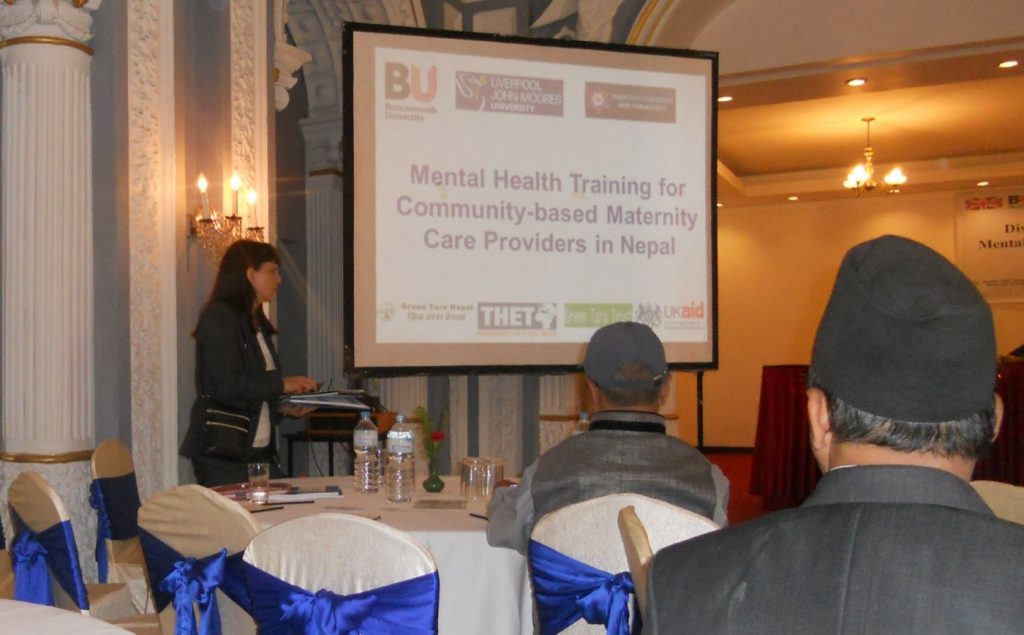
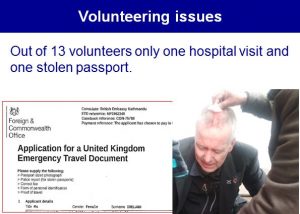

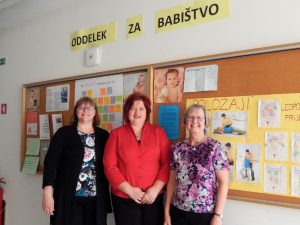
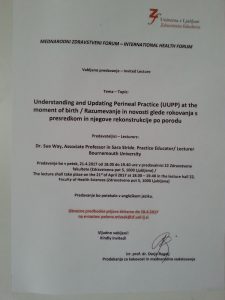
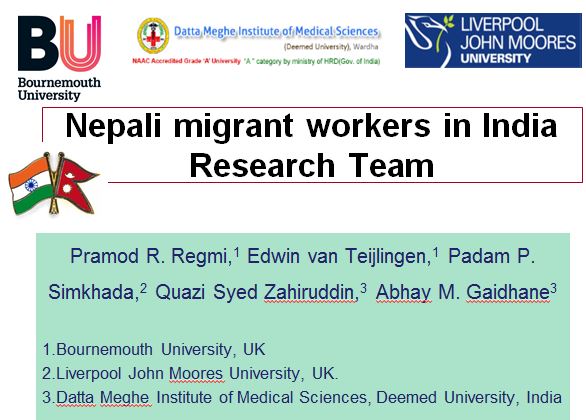





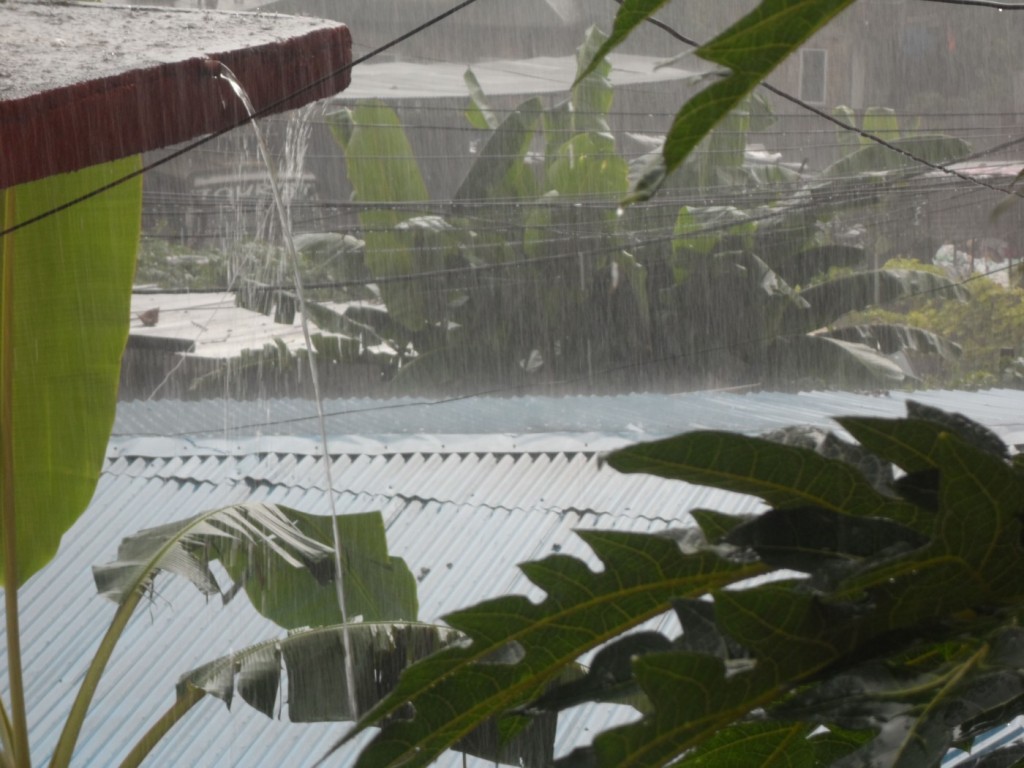
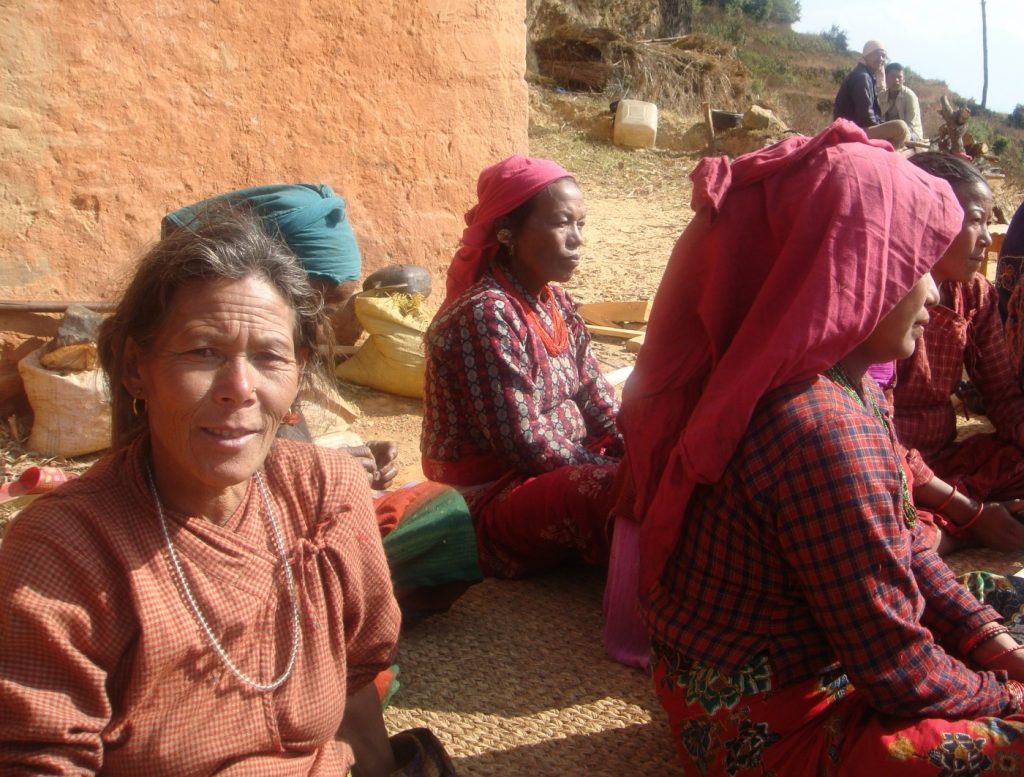
![dev_framework-300x286[1]](http://blogs.bournemouth.ac.uk/research/files/2017/02/dev_framework-300x2861-300x286.jpg)

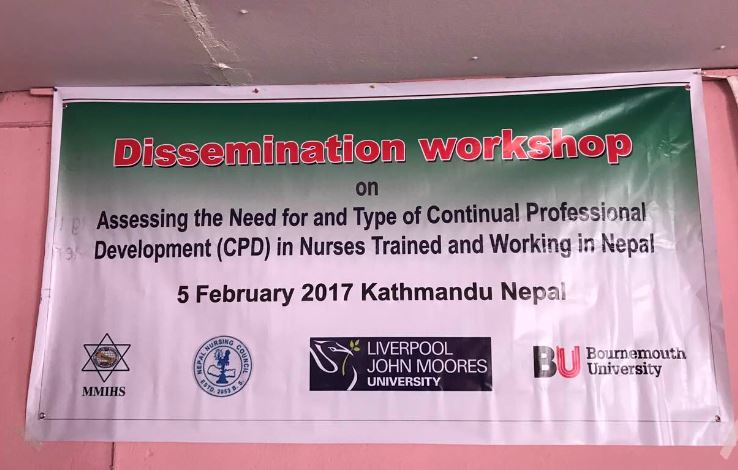

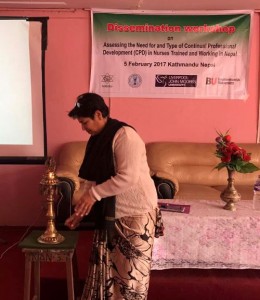
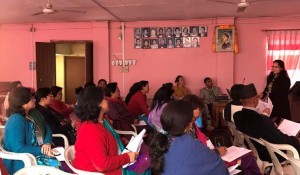


 The Centre for Qualitative Research presents Clare Gordon and Caroline Ellis-Hill
The Centre for Qualitative Research presents Clare Gordon and Caroline Ellis-Hill 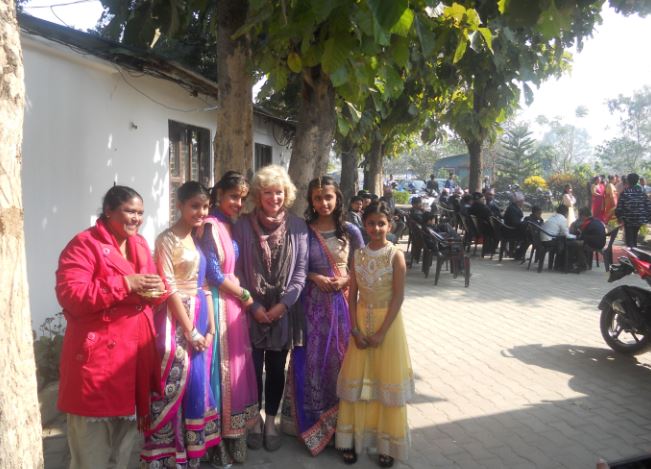
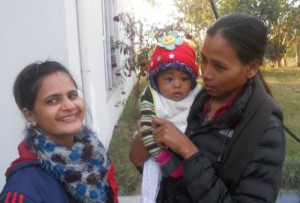
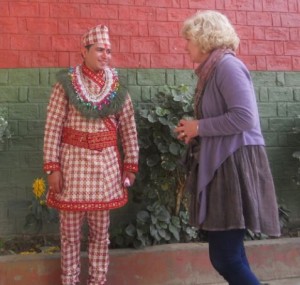
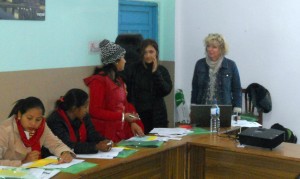
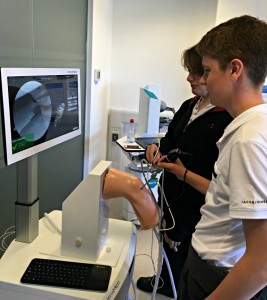
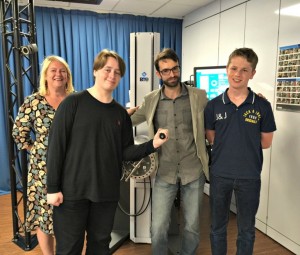
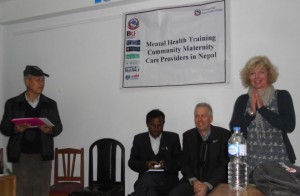
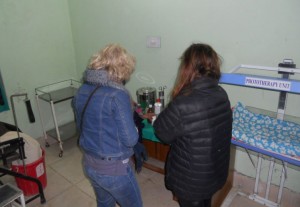
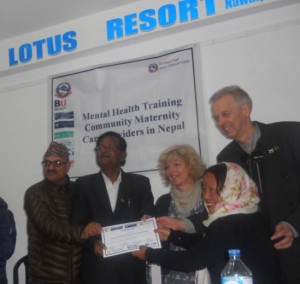

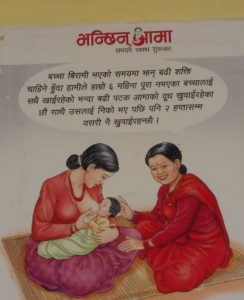
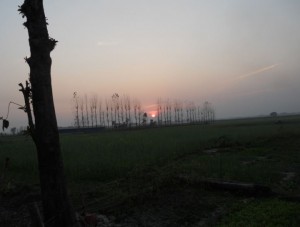
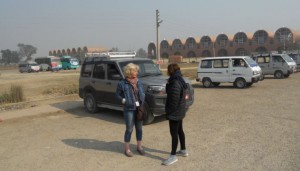











 Dr. Ashraf cited on ‘Modest Fashion’ in The Guardian
Dr. Ashraf cited on ‘Modest Fashion’ in The Guardian NIHR-funded research launches website
NIHR-funded research launches website Academics write for newspaper in Nepal
Academics write for newspaper in Nepal New paper published on disability in women & girls
New paper published on disability in women & girls MSCA Postdoctoral Fellowships 2025 Call
MSCA Postdoctoral Fellowships 2025 Call ERC Advanced Grant 2025 Webinar
ERC Advanced Grant 2025 Webinar Horizon Europe Work Programme 2025 Published
Horizon Europe Work Programme 2025 Published Horizon Europe 2025 Work Programme pre-Published
Horizon Europe 2025 Work Programme pre-Published Update on UKRO services
Update on UKRO services European research project exploring use of ‘virtual twins’ to better manage metabolic associated fatty liver disease
European research project exploring use of ‘virtual twins’ to better manage metabolic associated fatty liver disease